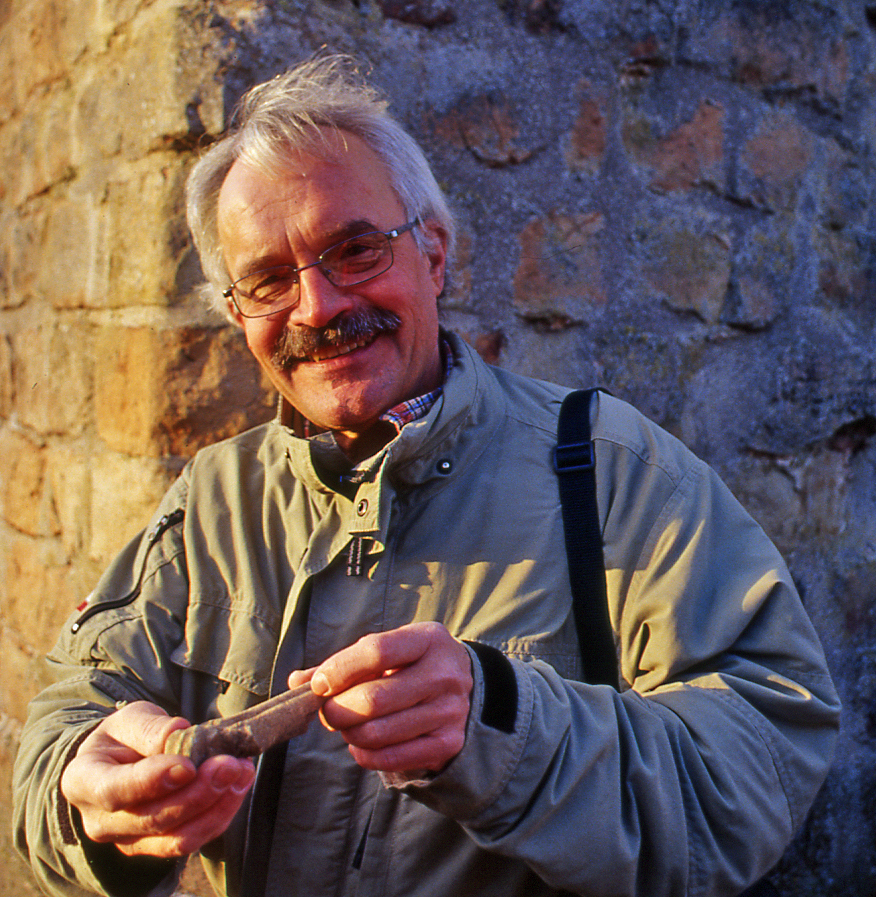On a “cosmological” structure of environmental magic. An ethno-archaeological contribution to the study of maritime cultures
Associate professor Christer Westerdahl, NTNU Trondheim, gives a lecture on the way ancient monuments form a cognitive, sensory, sometimes even unconscious, and ritual aspect of the maritime cultural landscape.
Info about event
Time
Location
Aarhus Campus, Aud 1 at Moesgaard

Traditions, customs and the ritual management of place names in maritime culture among fishermen and sailors of the North are well recorded during early modern times. Their expressions are highly dependent on all human senses in an “illiterate” way but also on the inventive use of words, language and metaphors.
They may offer a new perspective on prehistory. The most important case is the very location of various major ancient monuments distributed along the ancient shores of Scandinavia and the Baltic, rock carvings, burial cairns and in later times, stone mazes.
Geographically, this prehistoric distribution and the later recorded ethnological and anosmatic material seem to overlap in a most striking way. Both appear to express a contrast and a duality/opposition between sea (water) and land.
The transitional area in-between, the shore, is a liminal, ambiguous, area where transformation is rampant. This is the basic assumption.
From it stems various other ideas, on the interpretation of the most important figures of rock carvings, on the role of what I have called liminal agents, i.e. the incarnations of either element or world, such as males and females, the ship, the great land and water animals, later including the domestic ones.
Other related religious and magic behaviour in various guises are presumed to be influenced by societal conditions from the fishers and hunters of the Mesolithic and forward, but based on this contrast or antagonism between sea (water) and land.
Thus, this complex forms a cognitive, sensory, sometimes even unconscious, and ritual aspect of the maritime cultural landscape. Structuralist or not, the relevant hypotheses were founded independently on the source materials.
The seminar is open to everyone.
Christer Westerdahl is associate professor at NTNU-Trondheim at the Department of Archaeology and Religious Studies.
Arr.: Jens Andresen, associate professor PhD, Section for Archaeology, Aarhus University, Moesgaard, DK-8270 Hoejbjerg, +45 8716 2076
Bus no. 18 departs for Moesgaard twice an hour.
